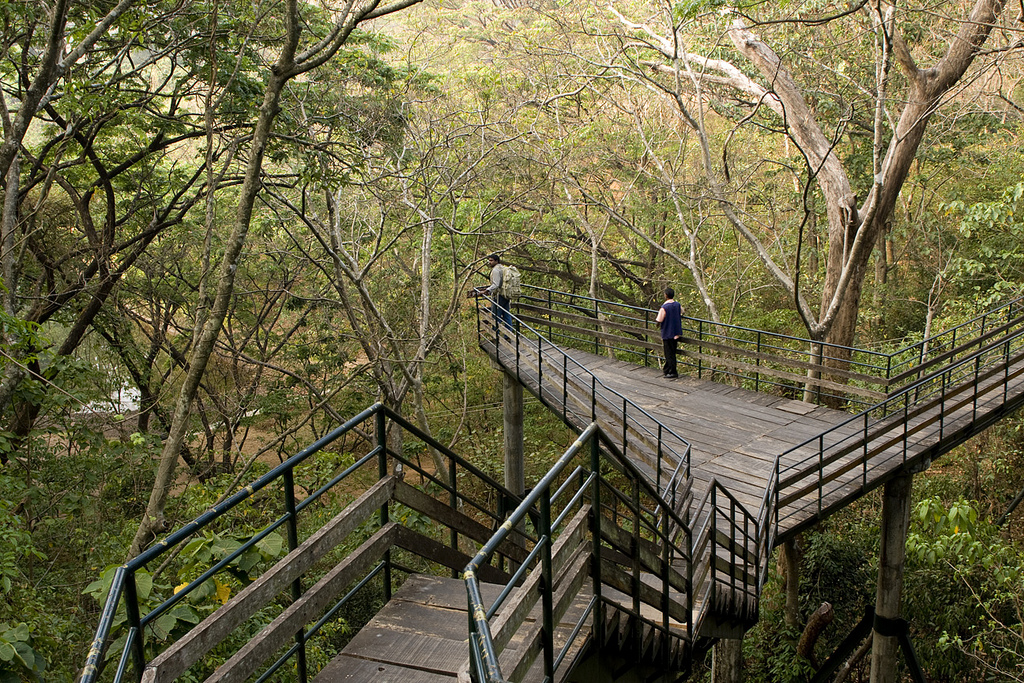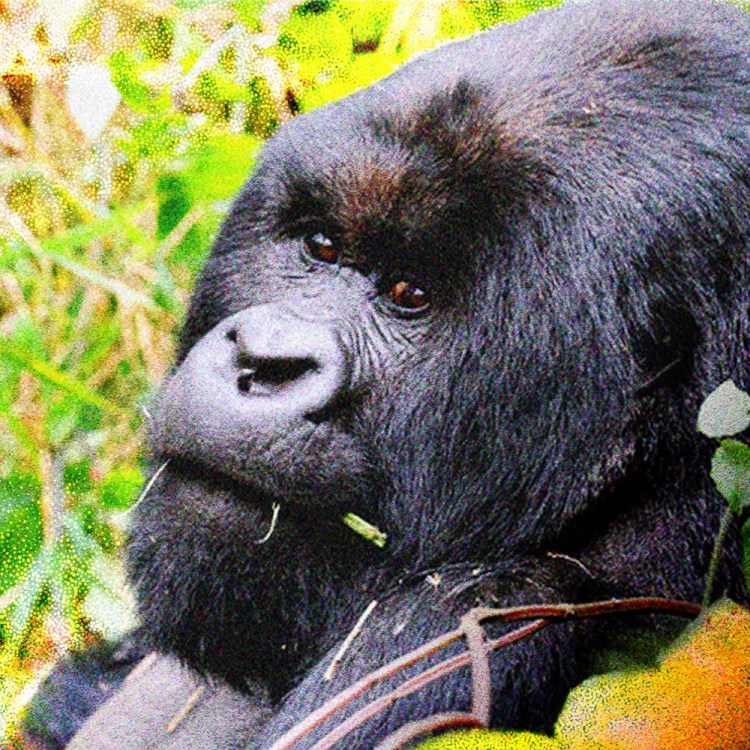At its best, ecotourism can serve as a way for visitors to a certain part of the world to aid in that region’s biodiversity. A report last year from The New York Times noted that some parts of this economy were involving scientists in the process — offering visitors a way to hear and see detailed presentations on the flora and fauna found nearby. So: the local economy gets a boost, experts in the subject get a boost — what’s not to like?
But what happens when the people who’d normally take part in ecotourism stay away because of the global pandemic? A new article by Hugh Biggar at The Washington Post explores the effects of a global drop in ecotourism —which, it turns out, can also have troubling environmental effects all its own. To wit:
The collapsed tourism economy adds new stressors on top of ongoing challenges from vanishing habitats to climate change to human encroachment. Already, the International Union for the Conservation of Nature (IUCN) and the U.N. Development Program have reported an increase in natural-resources exploitation and illegal killings of wild animals and threatened species.
In certain parts of the world, ecotourism funds conservation — Biggar’s article cites efforts in Namibia to protect cheetahs and efforts in Costa Rica to preserve the white-lipped peccary. With the decline in international tourism, both conservation efforts have hit a rough patch.
Nonprofits and government agencies are both stepping in to an extent, but the article notes that their contributions might not be enough to prevent something catastrophic from taking place. It’s led some to explore alternative means of raising revenue. As is the case with so many other industries, ingenuity is critical right now.
Subscribe here for our free daily newsletter.
Thanks for reading InsideHook. Sign up for our daily newsletter and be in the know.


















